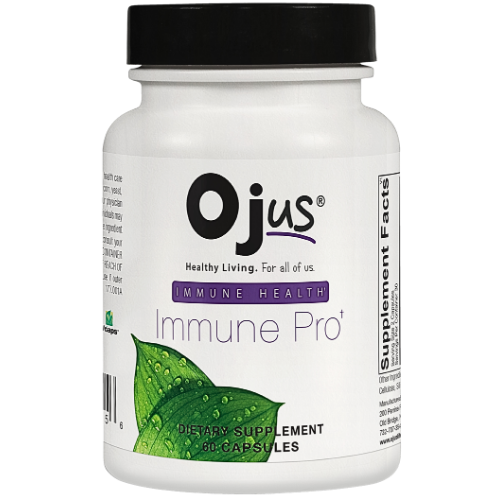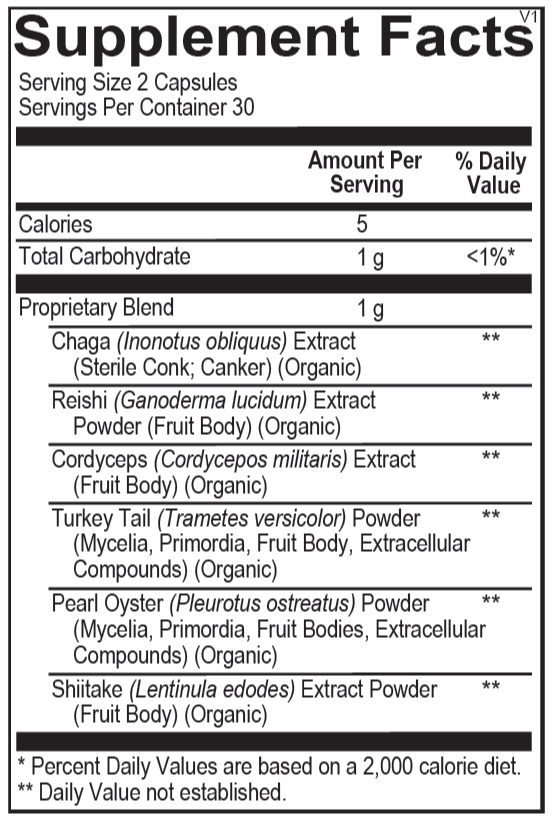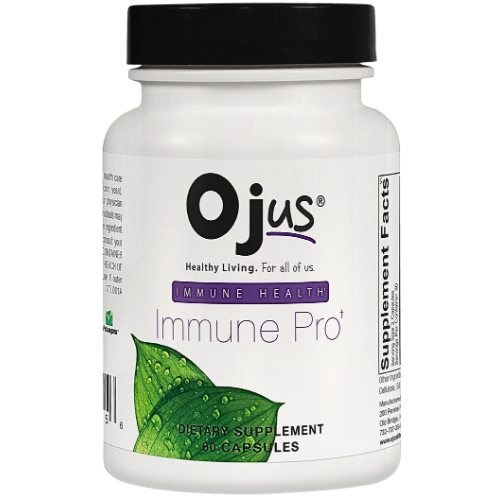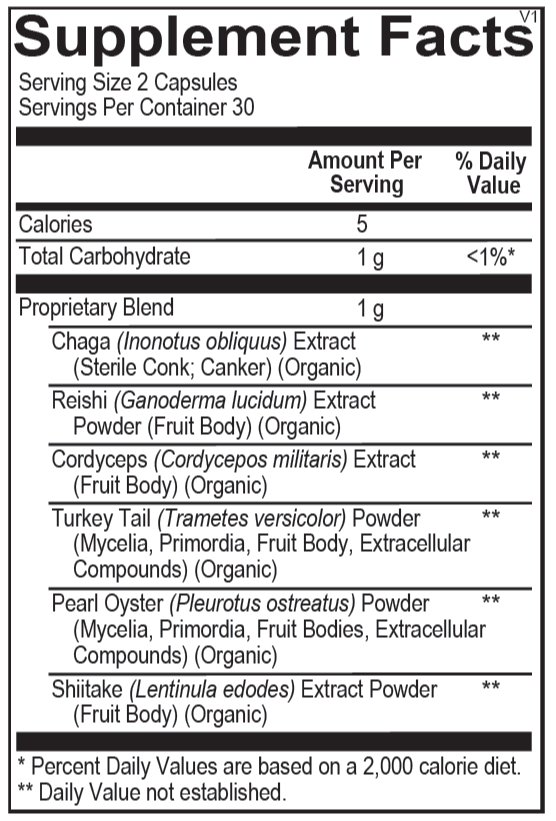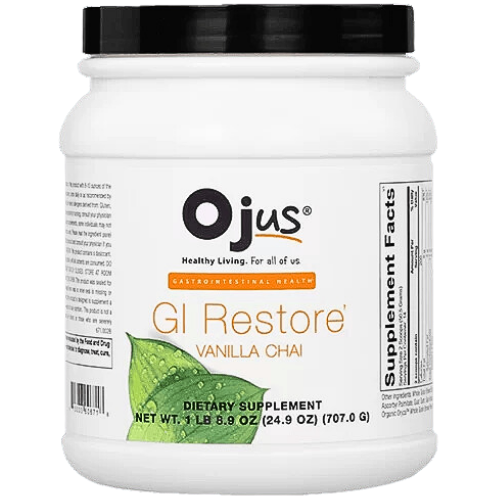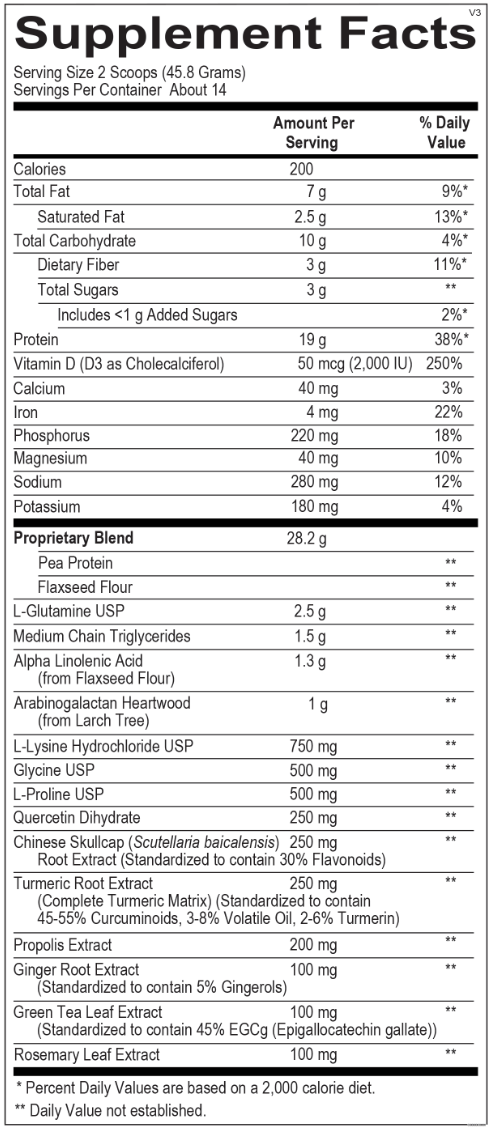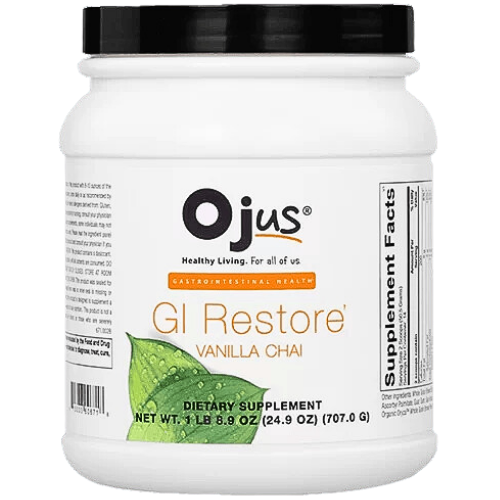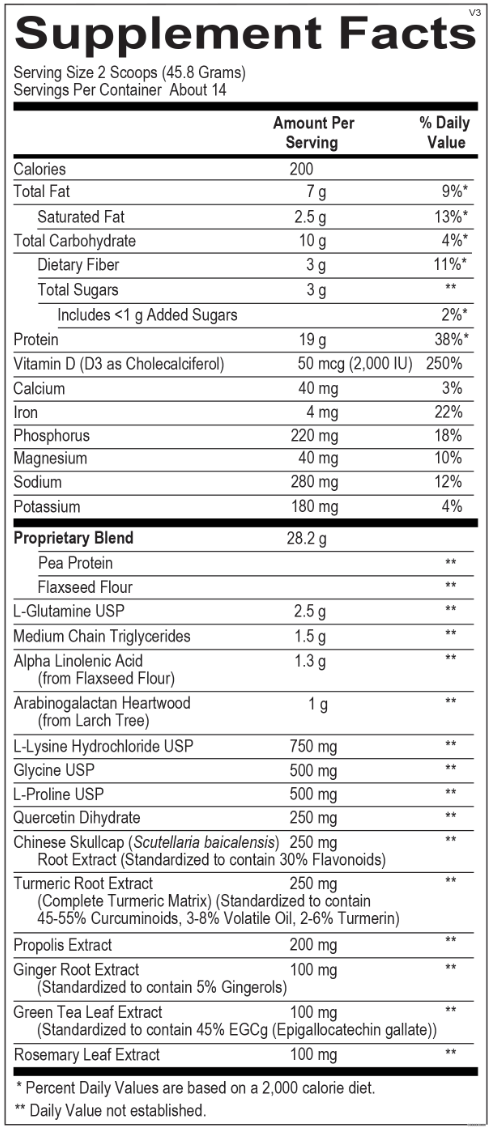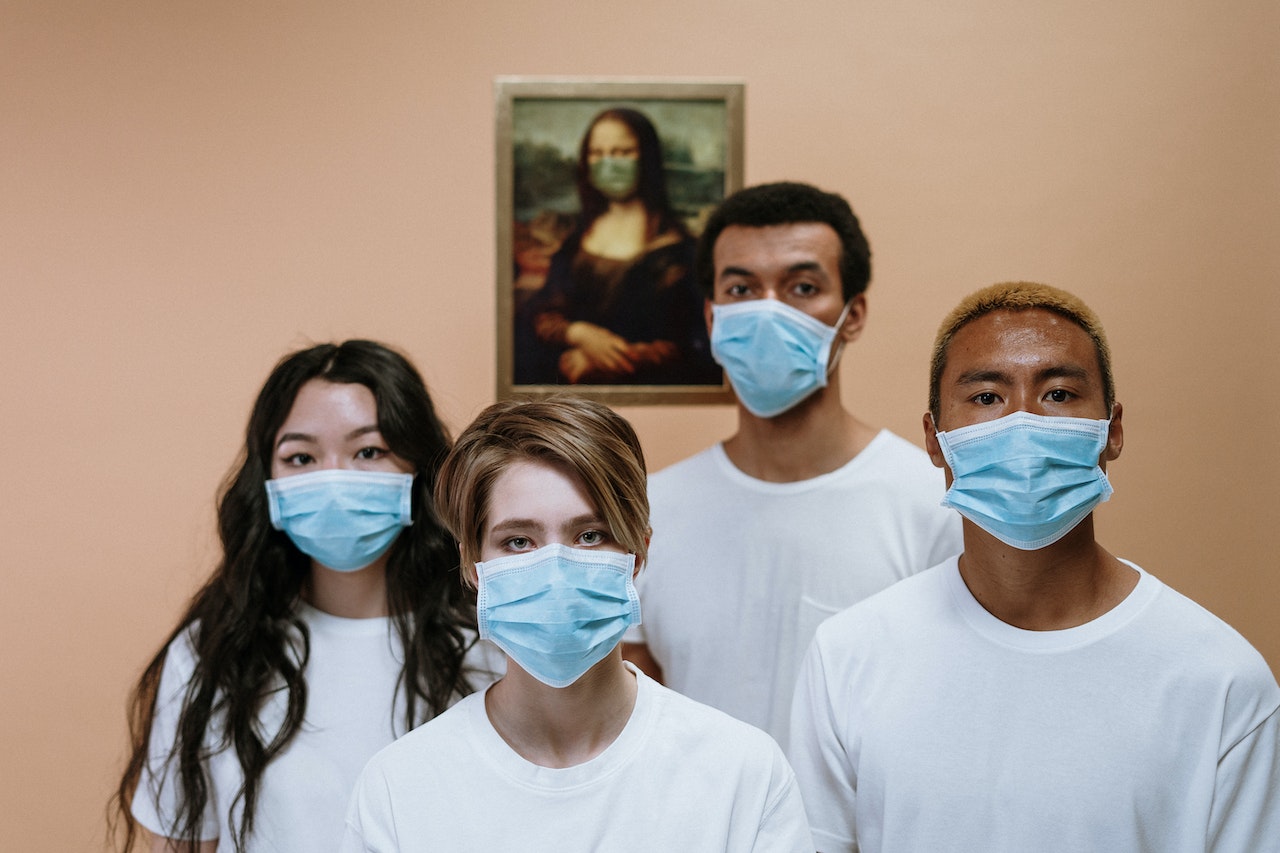
HPV Vaccine Pros & Cons You Should Know About
Dr Anita NischalTable of Contents
| Vaccines save millions of lives and protect us from the complications that many diseases like measles, mumps, rubella, polio, tuberculosis, and more can cause. The cause of HPV is different from aforesaid diseases since it is not ratified by casual contact. HPV is transmitted merely through intercourse and oral sex, so it does not seem as arbitrary. |
Most HPV infections generally go away on their own within two years. Plus, the availability of vaccines can reduce the risks associated with HPV. But something you should know about is the HPV vaccine pros & cons, which we will be discussing here.
What is an HPV Shot?
HPV shots or HPV vaccines are of three types and have been approved in the United States. These give protection against 2 to 9 high-risk strains of the HPV virus.
The strains of HPV can lead to cancer, genital warts, and other problems. Thus, HPV vaccine reactions can avoid these harmful strains of HPV and can keep you protected.
Is HPV Vaccine Safe?
Research shows that since the HPV vaccines do not include live viruses, they cannot trigger an HPV infection and are both effective and safe.
Although 47 inveterate deaths were stated between 2006 and 2014 in people who acknowledged the HPV vaccine. Also, HPV vaccine risks show no consistent time frame of death after receipt of the vaccine, and no reliable dose was correlated with death.
Recommended Age for HPV Vaccine
The HPV vaccine was initially established only for girls starting at age 9. The proposal to involve boys came a few years later.
Studies state that the most effective age for HPV vaccines is below 20 years. As our bodies produce high levels of infection-fighting antibodies at that age. The HPV vaccine is also most successful at averting infection if processed before any exposure to HPV during sexual activity.
HPV vaccination is advised for all preteens (involving females & males) at age 11–12 years. Before reaching the age of puberty, it is important for everyone to get HPV vaccination, so they can stay unaffected from HPV infections later in life.
HPV Vaccine Pros & Cons
Let’s check out the HPV vaccines pros & cons. What you need to know, beginning from the benefits of the HPV vaccine.
HPV Vaccine Pros
A 2013 study discovered that since the inoculation’s introduction, vaccine-type HPV frequency declined 56 percent amongst female teenagers 14–19 years of age.
The study indicates that the vaccine has a long-lasting effect, i.e. defending our body against HPV infections up to 10 years. Most reported HPV vaccine side effects are comparatively weak (such as fever, dizziness, and nausea).
The HPV vaccine has also been shown to avoid genital warts, which, while not life-threatening, are an uneasy and extremely frequent STD.
HPV Vaccine Cons
Though, as referred to above, most HPV vaccine problems are not severe, CDC and FDA data indicates that thousands of women have registered some very acute health outcomes, from paralysis to autoimmune disorders to blindness.
During the initial years, more than 70 healthy young females lost their lives due to a neurological reaction that occurred soon after getting the vaccine.
As cervical cancer is slow-growing, to prevent tumors, a vaccine would be required to be 100 percent efficient for “at least 15 years.”
Since the HPV vaccine has not even been over that long, scientists are not yet sure whether or not it is a bit that will have to be healthy for people. Also, the HPV vaccine contains aluminium, something some connoisseurs might later influence fertility as well.
HPV vaccine dangers are mostly temporary and almost always mild, the most common comprise of:
- Injection site redness, swelling, or soreness.
- Mild fever
- Dizziness or light-headedness
- Nausea
- Headache
- Fatigue
- Body aches
Although an allergic reaction is probable, serious reactions are exceedingly rare, appearing in roughly 3 of every 100,000 vaccinated individuals.
HPV Vaccine Side-effects in Males
From the year 2006 to 2014, there were roughly 25,000 accounts to the government of HPV vaccine reactions. Over 90% of these were categorized as non-serious. The most widespread HPV vaccine risks are minor:
About one in 10 people will have a benign fever after the vaccine.
About one person in 30 will get hold of itching.
These signs go away rapidly without treatment. Other mild-to-moderate HPV vaccine reactions include:
- Nausea
- Fainting
- Headache
- Arm pain
- Blood clots
- Seizures
- Guillain-Barre syndrome
- Chronic inflammatory demyelinating polyneuropathy
- Myalgic encephalomyelitis/chronic fatigue syndrome)
- Death
HPV Vaccine Side-effects in Females
It is not identified if the HPV vaccine is safe to get during pregnancy. In clinical trials, pregnant women were asked to postpone their vaccine till delivery. It is not understood if the vaccine is safe to get during pregnancy.
Not sufficient studies have been accomplished to decide if the HPV vaccine is safe to receive while breastfeeding. It is not well-known if vaccines can pass into breast milk. There is no physical data to determine if vaccines can pass into breast milk or hurt a breastfeeding child.
If you are breastfeeding, you should discuss with your doctor or pharmacist about the finest time to get your HPV vaccine.
Are Doctors Against HPV Vaccine?
When assessing whether to recommend the HPV vaccine, the bottom line, which doctors stated is that do your homework and discuss both sides of the convoluted issue. If you choose to have your child vaccinated, write down the specifics of the vaccine, its brand name, the amount given as well.
Doctors provide mixed reviews regarding the HPV vaccine side-effects. Some doctors believe that vaccines can help you in reducing the risk of HPV while others state some HPV vaccine problems. Along with this, some doctors also recommend other essential ways to reduce the risk of HPV.
Other ways to prevent HPV
Generally, the best way to avert HPV is by receiving vaccinations. Other methods you can avoid getting the HPV virus to comprise of the following:
- Use of condoms or other protection measures during sex: Condoms, dental dams, and other kinds of barrier protection can reduce your risk of contracting or transmitting the HPV virus.
- Get regular screenings for cervical cancer (for women): Doctors can locate abnormal cell changes in women ages 21 to 65 with routine cervical cancer screenings accomplished through Pap tests.
- Follow a healthy diet: One study connected folic acid deficiency to enhanced HPV infection. Also, high intake of plant-based nutrients (including vitamin C) to a diminished risk of precancerous cervical cells.
- Vayur: To assist you in combating this HPV virus, Vayur by OjusLife is an HPV natural support herbal supplement. Vayur includes a powerful blend of key nutrients and botanical extracts that offer immune support, vaginal health, and calms HPV. Vitamins for HPV enhance immune defences by offering nutrients such as L-lysine, vitamins A and C, pantothenic acid, B12, and zinc.
Moreover, this natural supplement is a NON-GMO and gluten-free product that reduces Herpes outbreaks as well. By reducing the HPV virus, this herbal product averts cervical cancer.
Related Articles
Oral HPV Transmission: Know about Oral HPV symptoms, Diagnosis, Treatment & more
HPV vaccine was prepared and approved in the year 2006.
Gardasil HPV vaccine is a human papillomavirus (HPV) vaccine and is a sterile preparation for intramuscular injection and includes purified inactive proteins from HPV types 6, 11, 16, and 18. One must know all the HPV vaccine pros & cons.
HPV vaccine supports you in protecting against cancers caused by HPV, such as cervical cancer. Some mouth and throat (head and neck), anal and genital areas cancers as well. But, there are some HPV vaccines side-effects also observed.
HPV vaccine is generally recommended for males and females before they hit the age of puberty. It’s important for males and females to get the HPV vaccine before they have sexual contact and are exposed to HPV. But, before getting vaccinated, you must know the HPV vaccine risks.
Three HPV vaccines are available—9-valent HPV vaccine, quadrivalent HPV vaccine, and bivalent HPV vaccine. All three HPV vaccines shield against HPV types 16 and 18 that lead to HPV cancers.
HPV vaccine problems include- Redness, itching, swelling, bruising, and pain at the injection site. Fever and headache are also the symptoms of HPV Gardasil Vaccine.
There is a little chance that you might still get genital warts after HPV vaccination. HPV vaccine gives protection against 90% of HPV virus strains.


